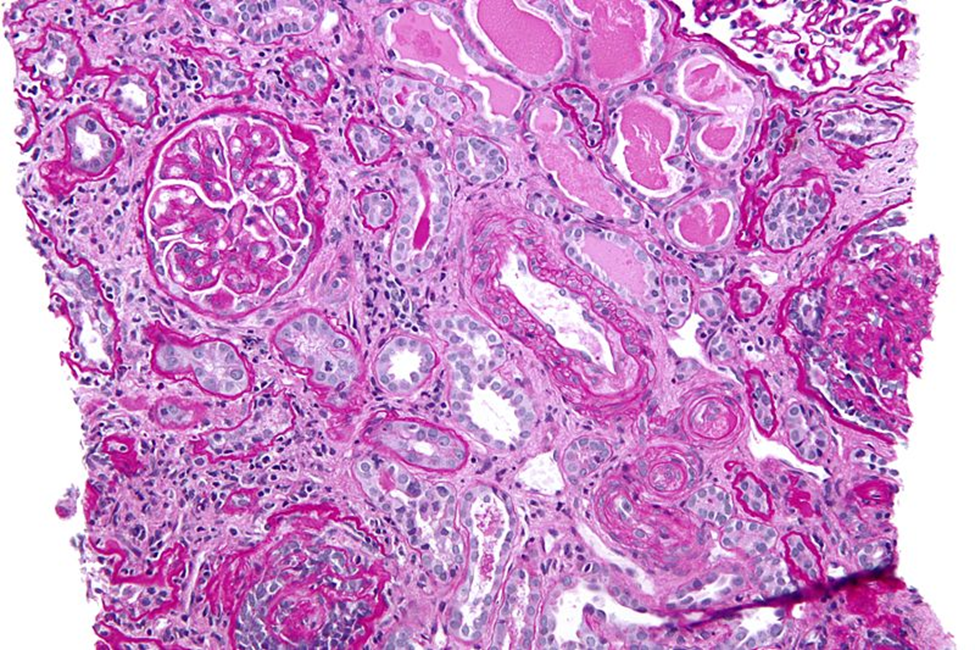Cancer Misdiagnosis: When Should it be Caught?
What You Need to Know About Cancer Misdiagnosis
Every year approximately 1.5 million Americans hear the words “You have cancer” for the first time, and approximately 500,000 people will die from the disease. However, with constant improvements in cancer research and treatment, more people than ever are living beyond a cancer diagnosis for an unprecedented amount of years. One of the most significant factors in successful cancer treatment is an early diagnosis, and in many cases patients who suffer severe complications as a result of cancer may have been able to minimize the harm they experienced had they found the disease sooner.

Types of cancer misdiagnosis
There are two ways in which cancer can be misdiagnosed. The first is when a pathologist mistakes healthy cells for cancerous ones, and incorrectly diagnoses a healthy person with cancer. While this experience can be incredibly stressful and emotionally draining for patients who have been incorrectly diagnosed with cancer, there are generally few long-lasting impacts from a mistake of this nature.
On the other hand, when a doctor, pathologist, or radiologist misses evidence of cancer and fails to diagnose a patient, there is the potential for tragic consequences. When cancer is caught too late, the patient may have forfeited the ability to effectively treat the spread of the disease, or may be forced to suffer more pain and discomfort than they would have if it was treated sooner.

Many cancers are detectable before the patient starts experiencing symptoms
There are some cancers which are so common that doctors perform routine checks for signs that they are developing in a patient. These include colorectal cancer, prostate cancer, lung cancer, cervical cancer and breast cancer. However, even when these tests are performed regularly, doctors sometimes make mistakes and do not catch signs that cancer is developing in these organs. This can happen because they misread a scan, or because the test itself is performed incorrectly. In either case, the patient may be a victim of malpractice.
Other cancers are only detectable when the patient starts exhibiting symptoms such as pain, lethargy, unexplained weight loss, or any other cancer-specific symptom that should alert providers to the potential for a larger problem. If the provider fails to order further testing, and late-stage cancer is later found, that patient may also be the victim of malpractice.
How cancer is detected
Lab tests, scans, and tissue biopsies are the most widely used tools when a patient is first suspected of having cancer. When a patient presents with symptoms that indicate cancer may be present, a doctor will often order a lab test to determine if the blood shows any signs of disease. If there are abnormalities in the lab results, that can sometimes mean that cancer is growing inside a patient.
If a doctor suspects that this is the case, they will often order that an image of the body be taken to determine if there are cancerous lumps anywhere in the body. These scans can be in the form of an MRI, an X-ray, a PET scan, an ultrasound, a CT scan, or a Nuclear scan. Radiologists review the scans and look for any abnormalities in the patient. If a radiologist misses evidence of cancer, that can delay treatment and constitute malpractice. For more information on Radiology Misdiagnosis, click here.

If a radiologist or primary care provider does find evidence that cancer may be present, the next step in the process is to get a biopsy of the suspect tissue. A biopsy is a small sample of whatever material the doctors are concerned about. Biopsy specimens are examined by pathologists, who look at the tissue sample under a microscope in order to determine if it is cancerous. It has been estimated that 1 in every 71 biopsies is misdiagnosed as cancerous when it was not, and 1 out of every 5 cancer cases was misclassified. (http://abcnews.go.com/WNT/story?id=131047&page=1).
Not every mole or tissue sample must be sent to pathology to be examined for cancer, but a physician must be vigilant and careful in deciding whether a sample must be sent.
Why early and accurate detection is important
Ultimately, the results of these tests determine the treatment possibilities available to the doctor who is trying to treat a patient with cancer. Without accurate information, the treatment plans cannot reflect the best care a patient needs. If cancer is found early, there is usually a wider range of available treatment options that can be less disruptive to the patient’s life. Most importantly, the survival rate increases dramatically when cancer is detected earlier rather than later.
Contact the Medical Malpractice Team at Younker Hyde Macfarlane
If you or a loved one has been diagnosed with late stage cancer that was not detected during regular screenings, or if you complained multiple times about symptoms that went un-investigated, you may be a victim of medical malpractice. For more information about your legal options related to medical negligence that took place because of a doctor’s failure to diagnose you or a loved ones’ cancer, please contact our team of medical malpractice attorneys today. The legal team at Younker Hyde Macfarlane will fight diligently for you and your legal needs.



